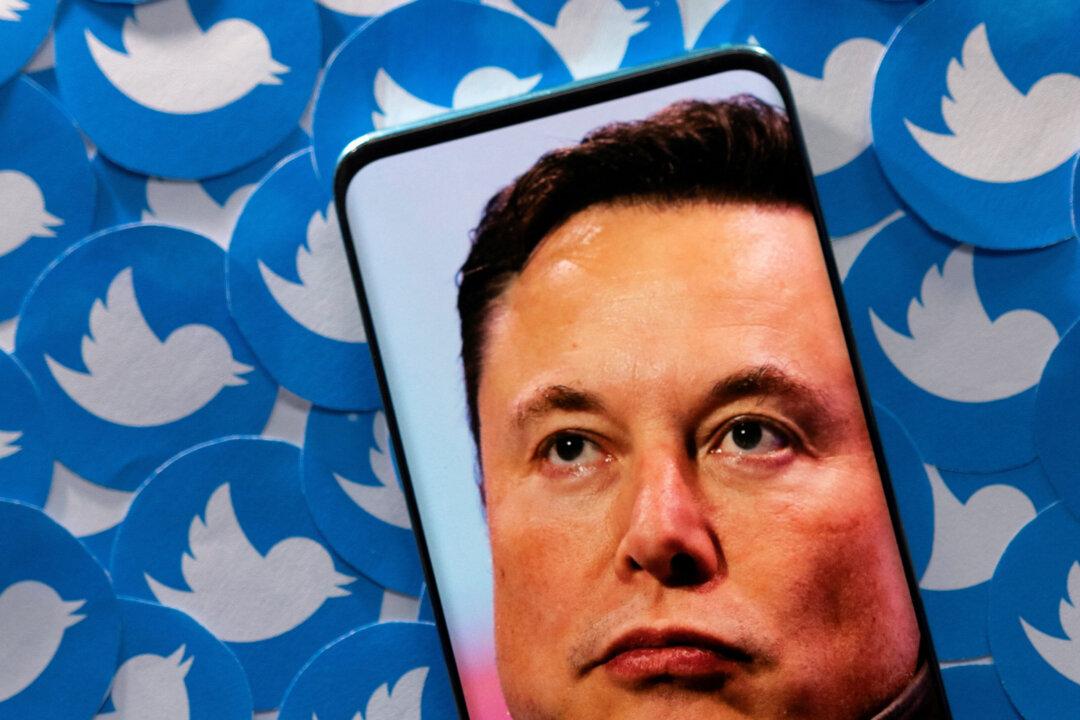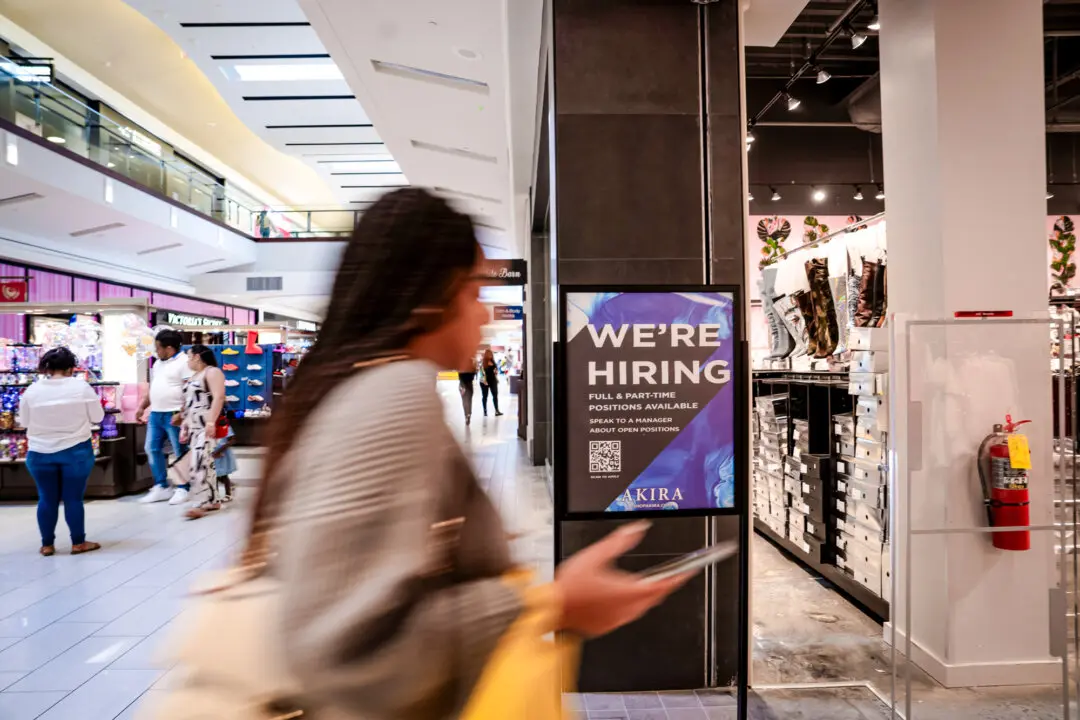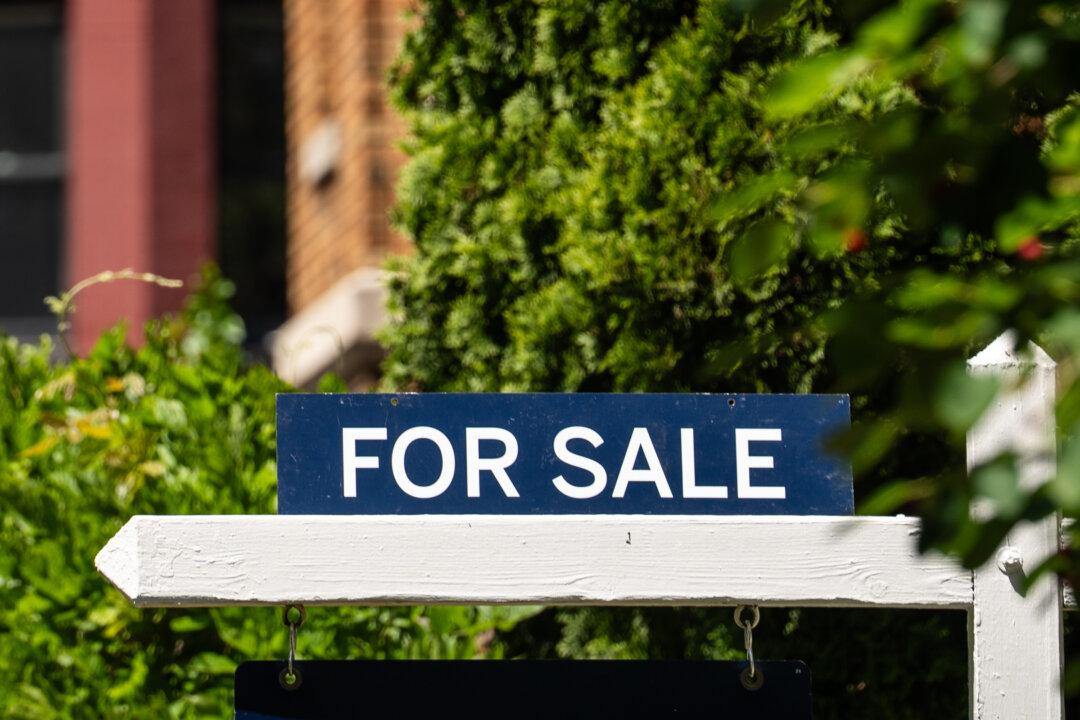Tesla CEO Elon Musk will have until Oct. 28 to finish his $44 billion acquisition of Twitter if he wants to avoid a trial, a Delaware judge recently ruled.
Twitter shares have rallied beyond $50 on the news, as investors anticipate that the takeover is nearing completion. If so, this would offer new traders roughly an 8 percent upside since Musk proposed to purchase the social media company at $54.20 per share.





